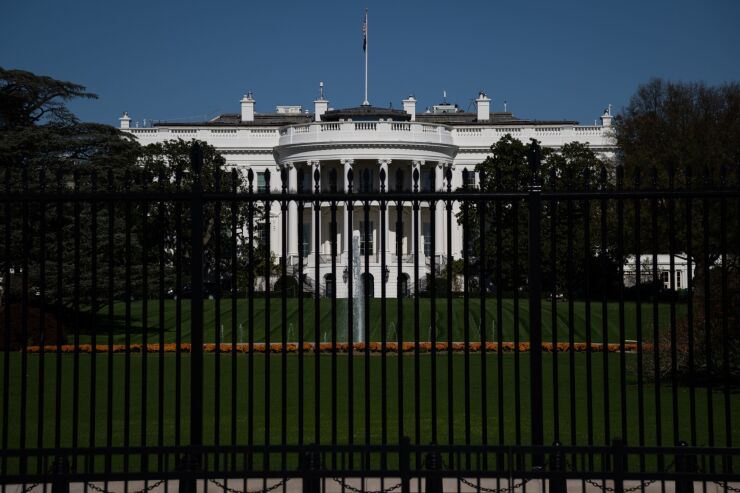
WASHINGTON — The White House group that studies crypto said that there should be more "transparency" in how crypto firms seek and acquire bank charters or master accounts.
The White House working group on digital assets on Wednesday released a lengthy report on how regulators boost digital assets in the United States.
"By implementing these recommendations, policymakers can ensure that the United States leads the blockchain revolution and ushers in the Golden Age of Crypto," the White House said in the fact sheet.
The report recommends a wide range of policy actions, ranging from Congress passing the market structure legislation that would give the Commodity Futures Trading Commission authority to oversee spot markets, and for the Securities and Exchange Commission to provide clarity on crypto custody, trading and registration.
The White House in the report also outlines changes in bank regulation that it says will help speed the adoption of crypto.
"A sound and predictable banking regulatory framework that embraces the promise of blockchain technology will allow depository institutions to meet customer demand for core banking services for digital assets, and make it easier for those customers to access digital asset markets," the White House said.
Specifically, the working group said that bank regulators should "promote transparency regarding the process for institutions to obtain bank charters or reserve bank master accounts."
The issue has been a hot button one for many bankers and
Bank groups won a partial victory in the
The working group also recommended that regulators change capital rules so that they are "aligned with the actual risks associated with digital assets, not simply the fact of their presence on a distributed ledger." The report also said that regulators should clarify what activities around custody, tokenization, stablecoin issuance and the use of blockchains are permissible for banks.





